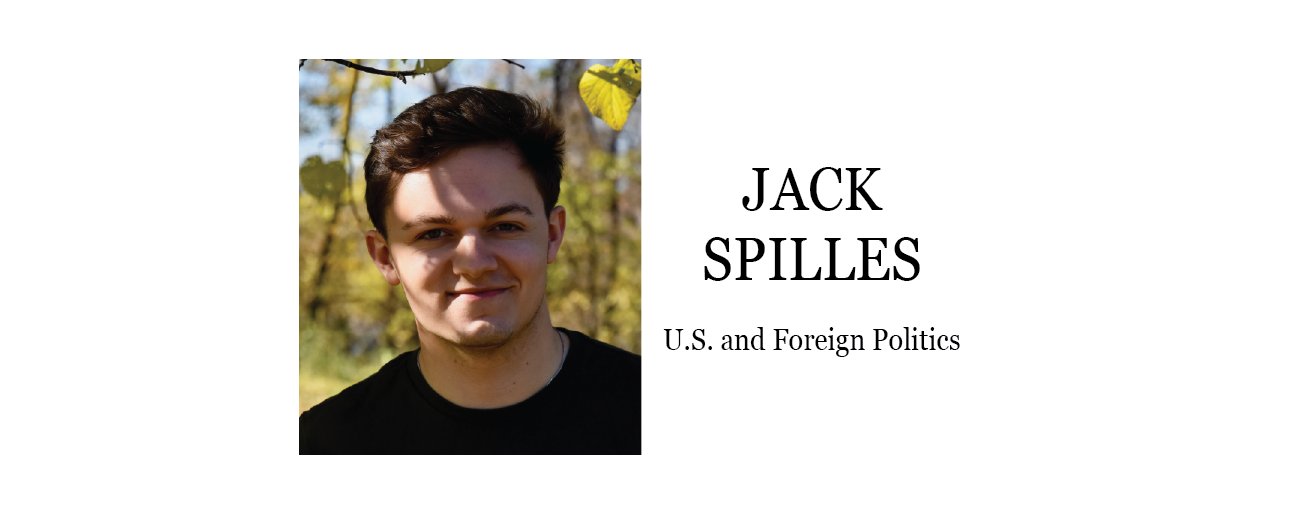Even in the waning days of his presidency, Donald Trump still finds a way to attack the institutions of the democratic system that put him in power. As more is uncovered about the attack on the U.S. Capitol that took place on January 6, the more we learn about how the rhetoric of the outgoing president has radicalized Americans against the country they claim to love. From the beginning, the battle plan for the Trump camp has been to undermine truth, the very fabric of the reality we all share.
Over the next four years, Trump would do just that, spewing misinformation about everything from the size of the crowd at his inauguration to the existence of a conspiratorial “deep state” in the U.S. government working to undermine him. Now, almost 60% of Republicans believe in “deep state,” according to a report from the Survey Center on American Life, a theory that did not exist just three years ago. It is a worrying but perhaps unsurprising figure for a party who embraced the baseless birtherism conspiracy, which was ironically started by the man that they would later elect as president.
Far more sinister movements have formed with the character of Donald Trump at their center, such as QAnon, a far-right conspiracy theory that claims Trump alone is defending the world against a group of Satan-worshipping cannibalistic pedophiles who run a global child-trafficking operation. Despite the obvious false nature of these lies and conspiracies, they have pushed many to the edge, and the force of that radicalization came to a crescendo last week.
Witnessing a physical attack on the seat of the oldest democracy in the world by homegrown domestic terrorists was a terrifying shock to those of us here at home, but the implications of January 6 run much deeper and wider than the immediate effects of electoral counting delays and arrests. Concerning its disturbing historic nature (the U.S. Capitol has not been breached since the War of 1812), a more sinister fact of the attack is that a sitting president encouraged a mob of his supporters to try to prevent the democratic process from taking place, simply because he lost. The intention of these insurrectionists was not simply to delay the counting of electoral votes, but also to try and inflict violence and incite fear within the Capitol and in those people watching across the country.
America sits in a precarious situation today. We are wracked every day by a once-in-a-century pandemic; our international influence has declined, both in terms of hard and soft power; our closest alliances have been strained; democratic backsliding globally has accelerated; competitors and opponents have grown in strength and influence; and about a third of American voters still believe that Trump won the 2020 election, according to a recent poll from the Pew Research Center.
Where does the country go when nearly 50 million people, and a majority of one of the two political parties, live in an alternate reality? Perhaps more than anything, the Trump administration will be defined by the schism he rent in this country; not just in partisanship, but in reality.

